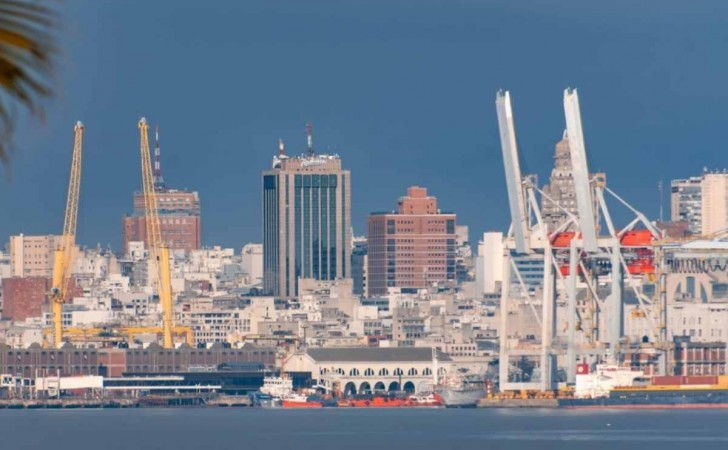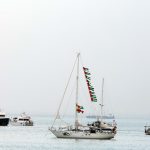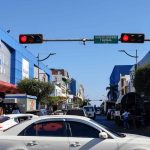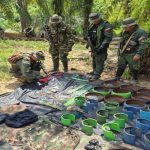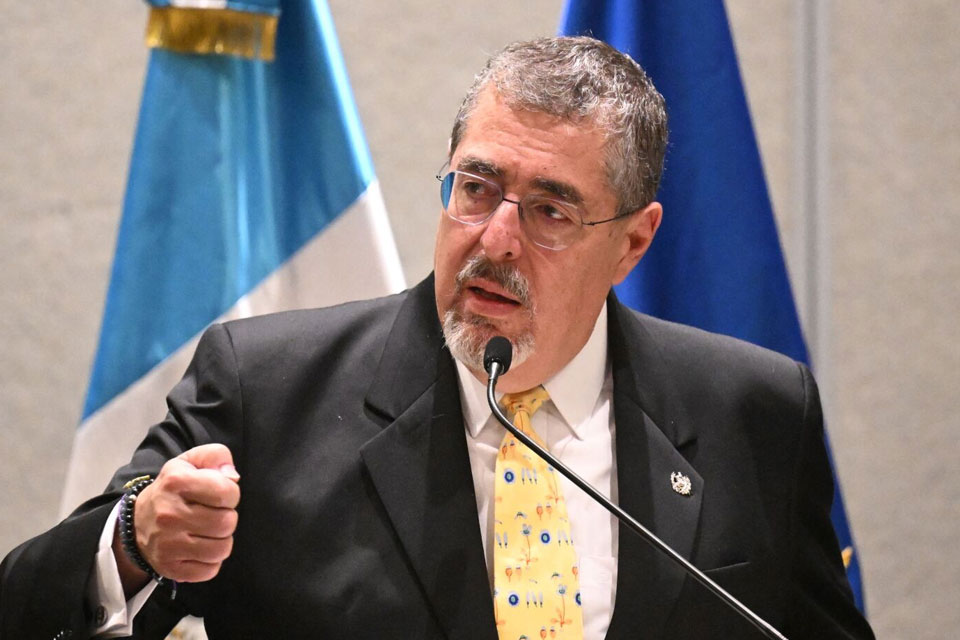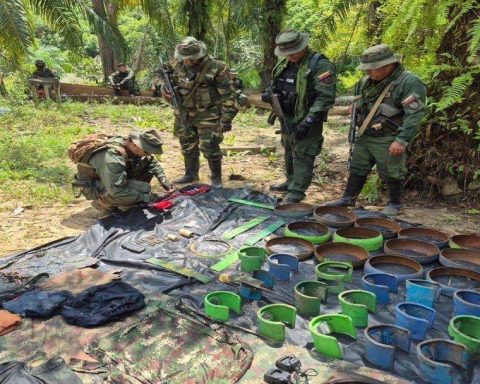
In Montevideo, the current port panorama is presented as a crucial challenge for the next government, according to Silvia Etchebarnepresident of the Uruguayan Maritime League and militant of the National Party.
Etchebarne strongly criticizes the government’s decisions, calling them a “disaster” and asserting that the port is being developed “where private companies want it.” According to her, “the Uruguayan State is on its knees before multinationals,” which has left the country in a vulnerable position.
Challenges and criticisms of the Lacalle Pou government
The government’s approach to port policy is a cause for concern for Etchebarne, who points out that the administration has acted “at the stroke of the bucket” in several areas. Until now, the lack of a clear policy directive and a master plan leaves the new government with “major challenges.” These statements were made by Etchebarne in an interview with the weekly Búsqueda.
The agreement with Catoen Nationwhich extends the concession until 2081, is one of the most controversial points criticized by Etchebarne. In his opinion, the agreement was made “without complying with the Constitution.”
He also points to problems at the port of Montevideo, where the collapse is already generating additional logistical costs due to delays and inefficiencies, which affect different economic sectors.
Concerns about investments and port services in Montevideo
In this interview with the weekly Búsqueda, Etchebarne also questions the management of recent projects and investments such as the Capurro Fishing PortAccording to his assessment, such projects are unnecessary given the difficulties of the fishing sector and could lead to losses.
He also criticised the lack of improvements in basic services, such as cruise terminals and the development of new crucial infrastructure, while prioritising works considered of dubious necessity.
According to Etchebarne, the ANP’s “record” figures on port revenues and movements do not reflect the economic and operational reality of the port. In his opinion, these figures hide the rise in the cost of works and the neglect of the necessary attention in other strategic areas. He points to the lack of action in important ports such as Carmelo and Nuea Palmira.
The absence of a master plan for national ports is pointed out by Etchebarne as one of the biggest mistakes in the current administration. The approval of the Ras Group project for a liquid bulk terminal without the necessary technical studies is, according to her, an example of hasty decisions that do not adequately evaluate the benefits for the country.
The impunity of companies
Etchebarne points out that some private companies can act with impunity, in contrast to others who do not receive the same treatment. He attributes to the ANP Board, headed by Juan Curbelo, “poor management” without coherence or transparency. He criticizes the fact that the Minister of Transport José Luis Falero is “focused on highways.” According to Etchebarne, there is an urgent need to establish a comprehensive national plan that includes audits and strategic adjustments.
Looking ahead, he mentions that the new administration will have to face the consequences of the agreement with Terminal Cuenca del Platawhich he considers to be holding the State hostage. For Etchebarne, the renegotiation of this agreement is essential. He issued his recommendations for the programme of the National Party not as an active participant, but after an informal meeting with Agustín Iturralde.
